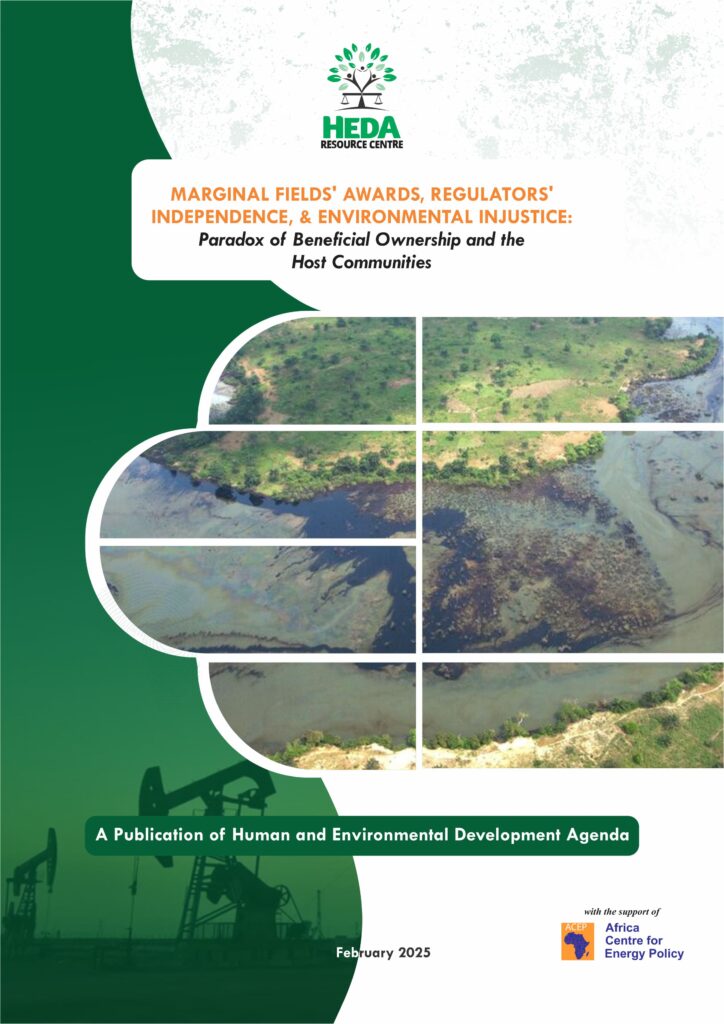In the October Monthly Advocacy Series (MAS) session of HEDA Resource Centre’s X-Space, Ayoola Kassim, Channels Television’s environmental journalist, highlighted governance lapses and climate change as key drivers of Nigeria’s recurrent flood crises. Kassim emphasized that governance failures account for 70-80% of the issue, while climate change contributes around 20-30%.
Despite forecasts of heavy rainfall, government inaction has left communities vulnerable. Kassim also noted that behaviors like littering, which clog drainage systems, worsen the impact. “We can’t blame everything on climate change. It’s primarily a governance gap and human character,” she asserted.
On the role of government agencies such as the National Emergency Management Agency (NEMA) and the Nigeria Hydrological Services Agency (NIHSA), Kassim noted that the proliferation of early warning systems has not been effectively utilized. “We have all the early flood warning messages, but who is making use of them?” she asked, pointing to the need for the masses to effectively utilize early warnings about floods and prepare to avert disaster.
Kassim emphasized the need for better accountability and government action, stating, “When warnings are issued, but drainage systems are blocked and rivers aren’t dredged, flooding becomes inevitable. If the government does the minimum, water levels may rise but won’t necessarily result in disaster.”
Regarding Nigeria’s stance at the upcoming Unite Nations Climate Change Conference (COP28) in Baku, Kassim expressed concern about the lack of clarity from the Ministry of Environment and the National Climate Change Council (NCCC) on the country’s priorities. “There’s been no information from the NCCC on Nigeria’s goals for COP28, despite critical issues around climate finance and loss and damage that require urgent attention,” she remarked.
She highlighted that African negotiators, including Nigeria, are advocating for a financing framework for loss and damage from climate events. Kassim also stressed the need for knowledgeable Nigerian negotiators at COP28, recalling the expertise Nigeria had fostered for COP21 in Paris in 2015 and questioning the decision to advertise for new negotiators ahead of COP28 without utilizing existing trained experts.
On climate accountability, Kassim pointed to recent flooding in Borno State as an example where media and public calls for accountability brought attention to government responsibilities. “When flooding happened in Borno, the media questioned why the state government hadn’t used the ecological funds provided to prevent such disasters,” she said, emphasizing that holding officials accountable opens more opportunities for preventive measures.
Kassim also urged civil society organizations (CSOs) and citizens to play a proactive role by holding government accountable. She stressed that communities must heed early warning predictions, while CSOs should press for preventative actions in high-risk areas. “Predictions alone are not enough, we need proactive measures to keep water out of homes and safeguard vulnerable communities.” she concluded.



